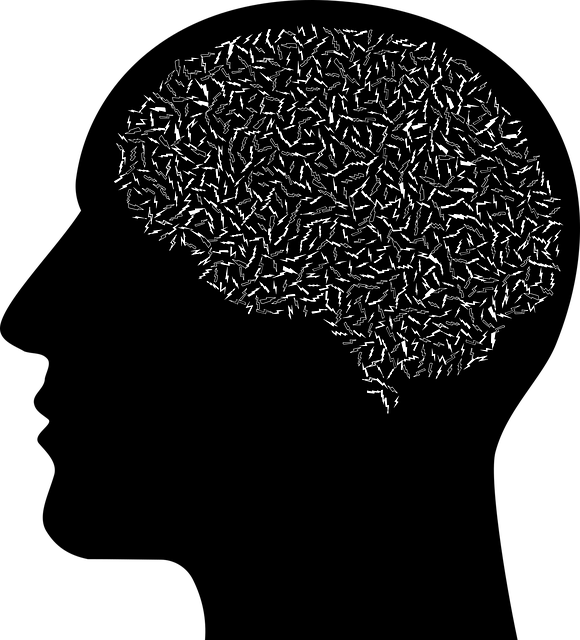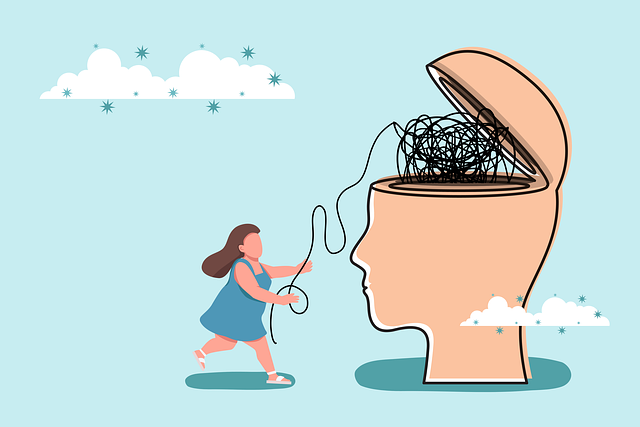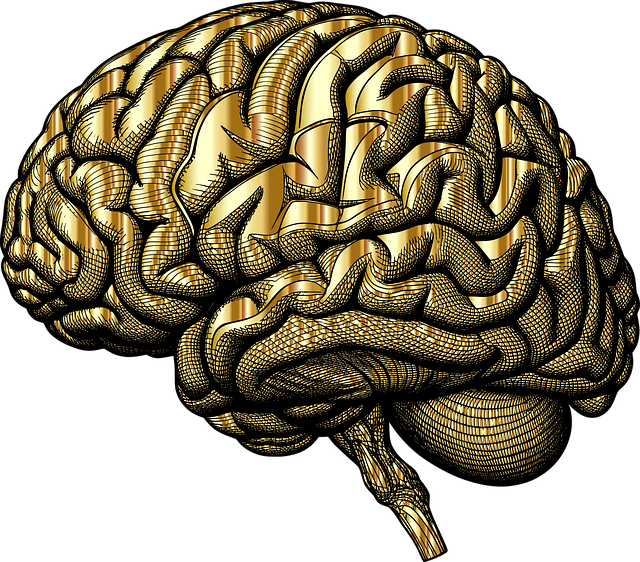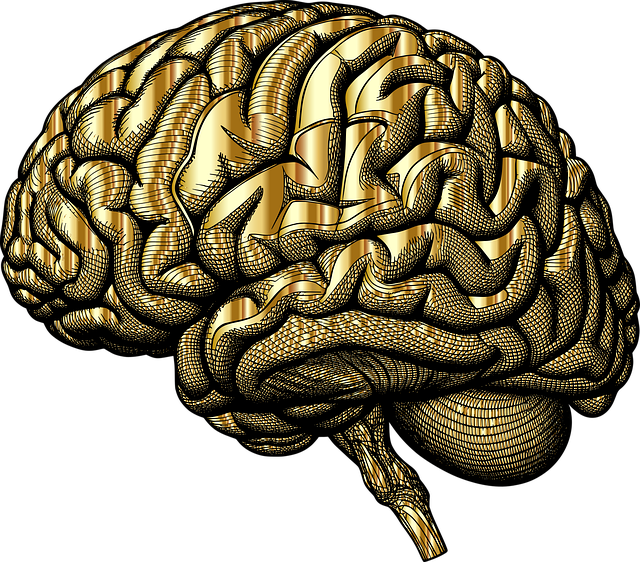Mental wellness understanding is key to self-improvement and recovery, especially in contexts like Westminster Drug Abuse-Substance Abuse Therapy. It involves assessing emotional, psychological, and social well-being holistically, focusing on resilience and positive coping mechanisms. Self-assessment tools, combined with practices like Social Skills Training and Mental Health Policy Advocacy, help individuals identify distress areas and promote personal growth. In today's fast-paced world, these innovative tools are crucial for addressing the complex interplay between substance abuse and co-occurring mental health conditions, enhancing therapy outcomes, and enabling fulfilling lives.
Mental wellness self-assessment tools play a crucial role in individual understanding and personal growth. This article explores the development of such tools, focusing on “Understanding Mental Wellness and Self-Assessment,” identifying the need for personalized approaches, designing effective methods, and integrating therapy with support systems like Westminster Drug Abuse-Substance Abuse Therapy. By delving into these aspects, we aim to enhance mental wellness assessment and foster holistic care.
- Understanding Mental Wellness and Self-Assessment
- Identifying the Need for Personalized Tools
- Designing Effective Assessment Methods
- Integrating Therapy and Support Systems with Westminster Drug Abuse-Substance Abuse Therapy
Understanding Mental Wellness and Self-Assessment

Understanding mental wellness is a foundational step towards self-improvement and recovery. It involves recognizing one’s emotional, psychological, and social well-being—a holistic state that encompasses not just the absence of mental illness but also the presence of resilience and positive coping mechanisms. This comprehension is vital for individuals seeking to navigate challenges like substance abuse therapy through Westminster Drug Abuse-Substance Abuse Therapy services. By assessing their mental wellness, individuals can identify areas of distress, leading them to seek appropriate support and interventions.
Self-assessment tools play a pivotal role in this process by providing individuals with a means to evaluate their emotional state, stress management skills, and overall mental health. These tools often go beyond detecting symptoms to encourage self-reflection and personal growth. Incorporating practices like Social Skills Training and Mental Health Policy Analysis and Advocacy can enhance the effectiveness of self-assessment, fostering a supportive environment where individuals take charge of their mental wellness, ultimately contributing to improved outcomes in therapy.
Identifying the Need for Personalized Tools

In today’s fast-paced world, mental wellness is a cornerstone of overall health and well-being. However, recognizing the unique needs of individuals often gets lost in the hustle and bustle. This is particularly evident when addressing substance abuse issues, such as those managed by Westminster Drug Abuse, where personalized therapy approaches are key to success. Traditional methods may not cater to the diverse range of challenges faced by individuals seeking support for their mental health and resilience building. Thus, there is a growing need for innovative self-assessment tools that go beyond generic assessments to foster self-awareness exercises.
These tailored tools can help users navigate their personal journeys towards mental health awareness and recovery. By focusing on individual experiences and struggles, they enable more effective interventions. The development of such resources should consider the complex interplay between substance abuse and other mental health conditions, ensuring that the assessment process is sensitive to these co-occurring disorders. With a personalized approach, individuals can receive targeted support, enhancing their ability to overcome challenges and lead fulfilling lives.
Designing Effective Assessment Methods

Effective mental wellness self-assessment tools should be designed with a multi-faceted approach, incorporating various methods to capture an individual’s holistic mental health picture. Firstly, consider integrating self-report questionnaires that assess symptoms and attitudes related to common mental health issues, such as anxiety and depression. These questionnaires can provide valuable insights into the person’s current psychological state. Additionally, incorporating validated scales measuring resilience, coping mechanisms, and life satisfaction can offer a more comprehensive understanding of their mental wellness.
For instance, tools inspired by Westminster Drug Abuse-Substance Abuse Therapy models can be adapted to focus on mental health concerns, providing a structured framework for assessment. Public Awareness Campaigns Development and Mental Health Education Programs Design initiatives can also inform the creation of engaging and accessible self-assessment platforms. By incorporating user-friendly interfaces and interactive elements, these tools can enhance participation rates and encourage individuals to seek support, ultimately fostering better mental health outcomes and boosting confidence in self-care practices.
Integrating Therapy and Support Systems with Westminster Drug Abuse-Substance Abuse Therapy

Integrating therapy and support systems is a pivotal aspect of comprehensive mental wellness self-assessment tools development, especially when considering conditions like Westminster Drug Abuse-Substance Abuse Therapy. Effective assessment tools should not only identify symptoms but also account for underlying causes, including substance abuse, which often coexist with mental health disorders. This dual approach ensures that individuals receive tailored interventions addressing both components simultaneously, enhancing the effectiveness of treatment and recovery outcomes.
Mental health professionals play a crucial role in this integration through Risk Management Planning, utilizing tools to assess and mitigate potential risks associated with treating patients with co-occurring disorders. Additionally, ongoing Mental Health Policy Analysis and Advocacy can help shape guidelines and resources, ensuring that support systems are accessible and aligned with the latest evidence-based practices for both substance abuse therapy and general mental wellness assessment. Enhancing Mental Health Awareness further facilitates early intervention and promotes a culture of care that incorporates these integrated approaches.
The development of mental wellness self-assessment tools, tailored to individual needs, is a significant step forward in addressing psychological health. By understanding the unique requirements of each person and integrating them with proven therapeutic methods like Westminster Drug Abuse-Substance Abuse Therapy, we can create effective assessments that foster positive change. This personalized approach ensures that those seeking support receive targeted interventions, ultimately enhancing overall mental wellness.














